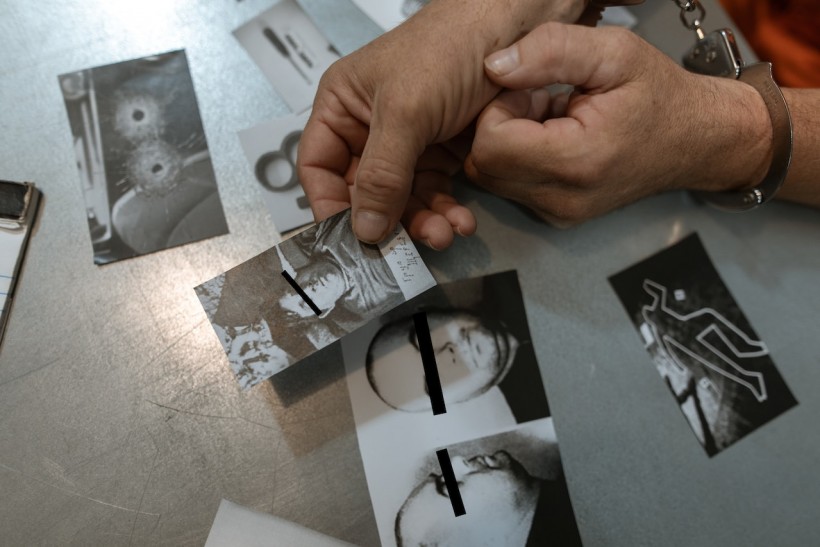While being obsessed with Night Stalker or Jeffrey Dahmer stories may sound quite morbid, specialists say there is actually a biological explanation for such levels of curiosity.
True Crime Fixation: Biology Explained
According to the Daily Mail, a specialist revealed that tuning into true crime movies, documentaries, series, and more is a method of preparing for similar real-life situations. Research scientist Colktan Scrivner from the Recreational Fear Lab in Denmark states that this content has a learning or perceived learning aspect to it. Individuals who tune into such content may feel more prepared for such situations if they indeed happen. They would know what they should or should not do in such circumstances.
Scivner also notes that such a true crime fixation may have started over three centuries ago. This was when humans started lingual and active engagements in aggression that are proactive rather than reactive.
The New York Post reports that, according to Scrivner, this may be a concern for individuals because, when proactive aggression enters the picture, it is difficult to know who wants to harm a person. Scrivner further states that this adds pressure on selection to look out for information about potentially dangerous individuals.
Such a claim regarding preparedness is backed up by findings from a poll covering 2,000 self-identified fans of true crime. The survey discovered that around 76% of the participants felt that digesting true crime content could help them avoid such situations.
The Independent also reports that a typical respondent tunes into five different true crime programs monthly. 75% also say that they tune into the program upon release. 71% also tend to binge-watch the whole show at once.
Other than that, around 44% also admitted that they had a serial killer who was their favorite, while 67% would like a chance to chat with a serial killer.
Seven out of ten also acknowledged that they felt more cautious of other people due to their consumption of true crime content.
ALSO READ: Using the Virtual Environment to Study Crime
Does Watching True Crime Content Make You More Violent?
While true crime fixation has been seen to impact preparedness, whether it affects tendencies to commit violent crimes is a different story. Scrivner, however, does not see any apparent connection between these variables.
He notes that there is a line between desensitization to digital graphic content and being fine with such content happening in real life. Scrivner mentions that a prime illustration of this would be studies focusing on violent video games in the past two decades.
Scrivner mentions that such games were a big deal because individuals were worried that with higher levels of realism hitting the games, it may make the children more violent. He notes, however, that research clearly shows that playing such games does not make children violent. Scrivner expresses that he is relatively sure that this is also the case for true crime content consumption. There could be psychological impacts going on, but it's unlikely for this to affect individuals in such a way.
RELATED ARTICLE: New Anti-Crime AI Algorithm Predicts Activities One Week Ahead With 90% Accuracy, Reveals Bias in Police Work
Check out more news and information on Biology and Psychology in Science Times.















